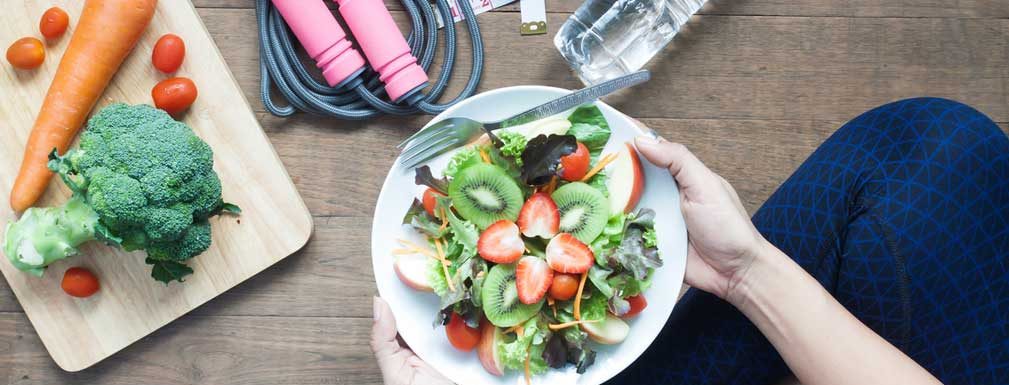The words ‘vegetarian’, ‘meat-free’ or ‘vegan’ have recently become synonymous with the concept of a healthy lifestyle. Quite often we get to hear that if we are trying to eat healthier, we should consider omitting meat from our diet. Meat-eating diets are considered to be rich in saturated fat and cholesterol which cause high blood pressure and bigger body mass. Other research has indicated opposite findings and suggests that vegetarianism may put you at risk of some allergies and even cancer. Indeed, there are pros and cons of a vegetarian diet. We are free to choose what to eat. Yet one thing remains a fact, nowadays more and more people who have a passion for health and nutrition choose to go meat-free.
We all know that eating healthy can change life, but it’s not that easy for most of us to start eating vegetarian. And of course October, 1 is a perfect day to cheer up your veg- friends by giving them one the World Vegan Day gifts available at Bateel official website. However, statistics reveal that the global demand for plant-based foods is rising:
The number of vegans in the United States grew by 600 percent from nearly 4 million in 2014 to 19.6 million in 2017.
- 400 million fewer animals were killed in 2014 compared to 2007 because people were eating less animal products.
- In Portugal, vegetarianism rose by 400 percent in the last decade.
- In Australia, between 2014 and 2016, the number of food products launched carrying a vegan claim rose by 92 percent. Australia is now the third-fastest growing vegan market in the world.
People choose to go meat-free for a variety of reasons. Some of them want to lose weight. Others want to eat a generally healthier diet. Still others are strongly advised by doctors to reduce the intake of cholesterol and fat, and should eat plant-based foods. There are those who have compassion for animals and dislike the taste of meat. We all may have different motivations to become vegetarians, but the outcome is that vegetarians are likely to have lower total cholesterol, lower blood pressure and less body mass compared to meat eaters. The Journal of Academy of Nutrition and Dietetics confirms that vegetarian diets are nutritionally adequate for all stages of life, including pregnant women and infants, adults and athletes.
The key to a healthy vegetarian diet is to eat a wide variety of foods, including fruits, vegetables, plenty of leafy greens, whole grain products, nuts and seeds. Dates, for instance, have become quite popular with the rising demand for plant-based foods. Dates have an excellent nutrition profile. A 100-gram serving can provide an individual with 277 calories, 7 grams of fibre, 2 grams of protein, 12 percent of recommended daily intake of Vitamin B6, 5% of iron, 15% of manganese, 18% of copper and 14% of magnesium. Dates are incredibly versatile and can easily be paired with other foods. You can use them as a healthy snack to give you an energy boost for a long working day or to sweeten up your afternoon cup of tea. They are definitely worth adding to your diet as they are both nutritious and delicious.

Leave a Reply